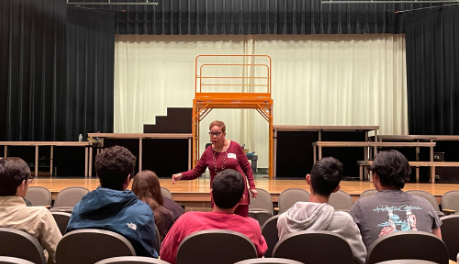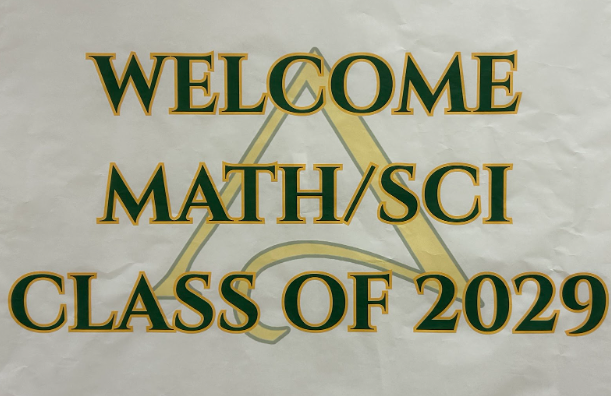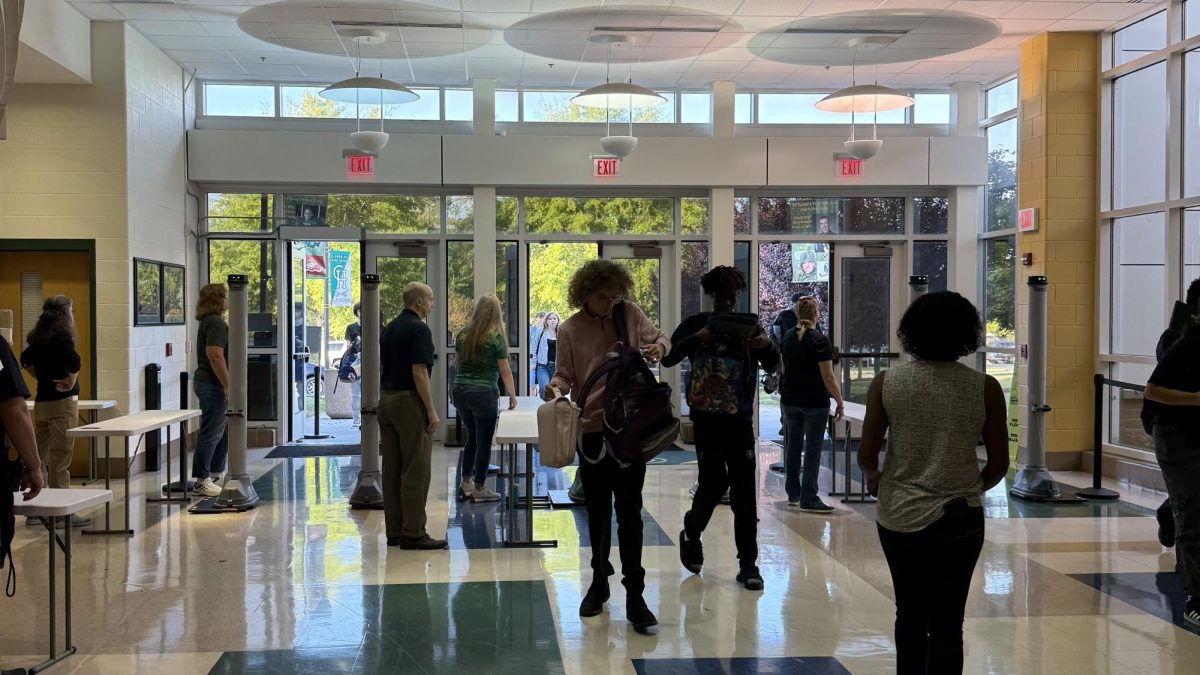On Mar 28, history teacher Michael Bell organized for Ernestine Wilson to speak to the National History Honor Society (NHHS) members in honor of Women’s History Month.
During her presentation, Wilson provided students with her journey from early childhood up to working full time as a teacher and guidance counselor for Chesterfield County. Growing up during the 1950’s-1960’s Civil Rights movement, she learned valuable life lessons that she was able to share with the NHHS members.

NHHS vice-president Victoria Wigfall worked together with Bell to help organize her arrival. Wigfall was very grateful for Wilson’s generosity and believes that through her presentation, her story will keep history alive and her advice will carry on.
“It is easy to forget the past, especially the more we advance as society,” Wigfall said. “I think her being here gave us a quick reality check and the advice she gave us will definitely help each and every one of us now and in the future.”
At the beginning of her presentation Wilson handed out a sheet of paper that has a long list of books on it. Throughout her presentation, she would mention each book separately and express the importance of reading them.
“The first book I read [by Isabel Wilkerson] was The Warmth of Other Suns,” Wilson said. “All that meant was that there were people who left where they were born, because opportunities were better for them under the sun that shone on different parts of America.”
Each of the books she had presented either had a personal message for Wilson herself or a message she felt was of importance to the audience members. One of the many critical pieces of advice Wilson stressed for the younger generation to grasp was the importance of surrounding yourself with good people who can help build your character.
“Stay in contact with people good to you and good for you,” Wilson said. “It doesn’t matter what they look like on the outside, it matters what they look like on the inside.”
Towards the end of her presentation Wilson was willing to answer any questions that audience members might have had. She expressed her gratitude to the NHHS members because she believes their interest in history is what can make the world a better place.
“History is the most important part of American history,” Wilson said. “We learn so much from each other and when you are willing to reach out and be a part of [NHHS] it says something about you. It says that you want to belong to something that is going to help carry us to another place in life.






